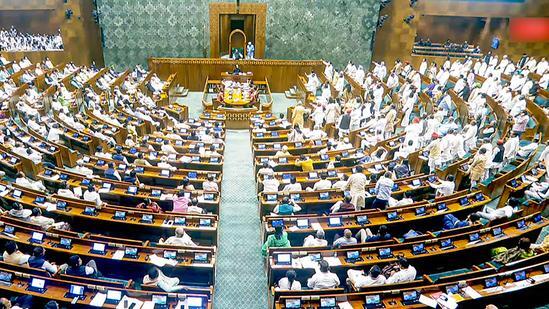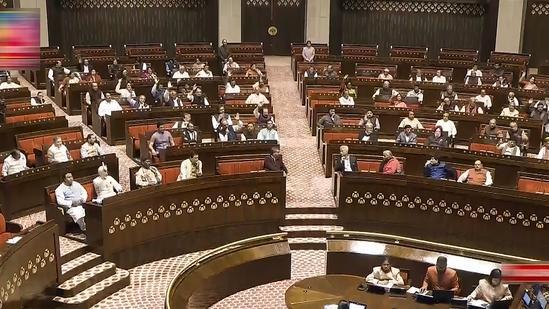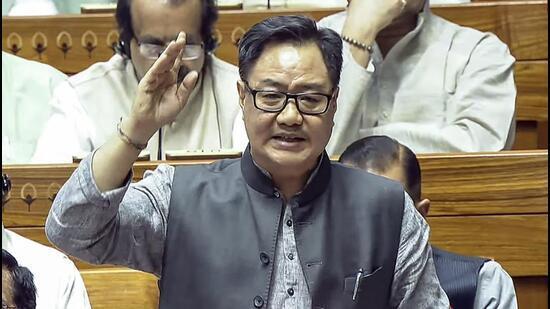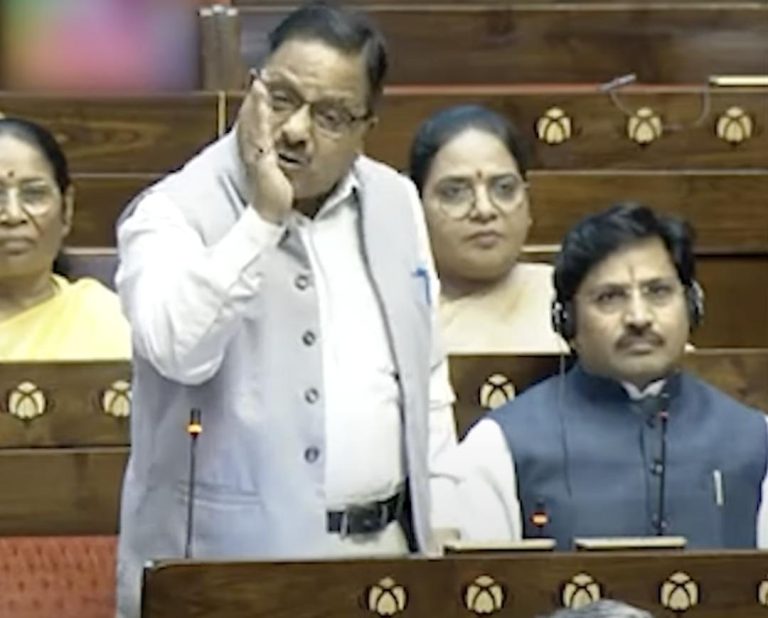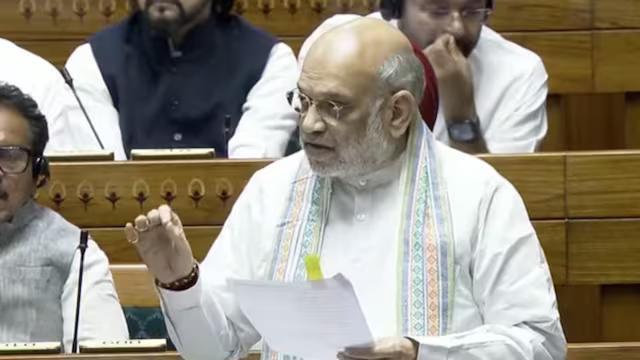
Whom are you trying to threaten: Shah on MP’s ‘minorities won’t accept Waqf Bill’ remark
The Waqf Amendment Bill, 2024, has been a topic of intense debate in the Lok Sabha, with various lawmakers expressing their concerns and reservations about the proposed legislation. During the discussion, a lawmaker made a statement that sparked a strong reaction from Union Home Minister Amit Shah. The lawmaker claimed that minorities would not accept the law, to which Shah retorted, “Whom are you trying to threaten? Everyone will have to accept the law passed in the Parliament.”
The Waqf Amendment Bill aims to empower the Central Waqf Council to oversee the administration of Waqf properties across the country. The bill seeks to replace the existing Waqf Act, 1995, and is expected to bring in significant changes to the way Waqf properties are managed. However, the proposed legislation has been met with resistance from various quarters, with some lawmakers and religious organizations expressing concerns about its potential impact on the rights and interests of minorities.
The lawmaker who made the statement about minorities not accepting the law was likely trying to convey that the proposed legislation could lead to a loss of autonomy and control over Waqf properties, which are an important part of the social and cultural fabric of minority communities. The Waqf properties are managed by the Waqf boards, which are responsible for ensuring that the properties are used for the benefit of the community. However, the proposed bill seeks to centralize the administration of these properties, which could lead to a loss of local control and decision-making power.
Shah’s response to the lawmaker’s statement was a clear indication of his government’s resolve to push the bill through. The Home Minister’s statement was also a clear message to all lawmakers that the bill would be implemented, regardless of any opposition or reservations. The statement also highlighted the government’s confidence in the constitutionality of the bill and its ability to withstand any legal challenges.
However, Shah’s statement also raises important questions about the role of the government in matters related to minority rights and interests. The Waqf properties are an important part of the cultural and social heritage of minority communities, and any changes to the way they are managed could have significant implications for these communities. While the government may argue that the proposed bill is necessary to ensure the efficient and effective management of Waqf properties, it is important to consider the potential impact of the bill on minority rights and interests.
The debate around the Waqf Amendment Bill also highlights the need for greater transparency and accountability in the way Waqf properties are managed. The proposed bill seeks to empower the Central Waqf Council to oversee the administration of Waqf properties, but it is important to ensure that the council is transparent and accountable in its decision-making processes. The bill should also include provisions that ensure that the rights and interests of minority communities are protected and that they have a meaningful role in the decision-making process.
The debate around the Waqf Amendment Bill is also significant because it highlights the importance of respecting the rights and interests of minority communities. The proposed bill may have far-reaching implications for the way Waqf properties are managed, and it is important to ensure that the rights and interests of minority communities are protected and respected. The government should engage in a more inclusive and consultative process to ensure that the bill is drafted in a way that respects the rights and interests of all stakeholders, including minority communities.
In conclusion, the debate around the Waqf Amendment Bill is significant because it highlights the importance of respecting the rights and interests of minority communities. The proposed bill may have far-reaching implications for the way Waqf properties are managed, and it is important to ensure that the rights and interests of minority communities are protected and respected. The government should engage in a more inclusive and consultative process to ensure that the bill is drafted in a way that respects the rights and interests of all stakeholders, including minority communities.
